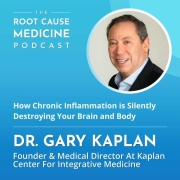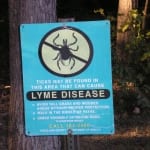The Controversy of Antibiotics for Lyme Disease Treatment and Alternative Treatment Options
Scientists agree that Lyme disease appears in at least two forms in the human body – as a spirochete (a flexible spirally twisted bacterium ) and in “oval” form – and these two forms are sensitive to different antibiotics and to different lengths of treatment. There is also some debate about whether Lyme exists in a third “biofilm” (a thin, slimy film of bacteria) form that is especially resistant to antibiotic treatment, which may account for why Lyme disease becomes a chronic illness in some people.
In any event, there is extensive discussion within the medical community, about what constitutes the best protocol for treating patients suffering with Lyme disease. The root of the controversy is that physicians have a variety of opinions about how Lyme disease is expressed in the body.
One view is that, with proper antibiotic treatment, most people fully recover from Lyme disease, and only in a small subset of the population does Lyme present as a long-term intracellular illness.
The other view is that Lyme disease is always intracellular, and as such, never completely leaves the body. The implication of this perspective is that, even if a patient stops experiencing symptoms, his or her body still harbors the infection. Consequently, symptoms may reappear over time, either chronically or intermittently.
When a patient’s symptoms persist (Chronic Lyme Disease) despite treatment with a round of antibiotics, some doctors will prescribe a long-term course of antibiotics of up to 2 or 3 years. Dr. Gary Kaplan cautions patients about the risks with this approach, however, as high doses of strong antibiotics can cause imbalances in the digestive tract that can lead to diarrhea, yeast overgrowth, and nutritional deficiencies. There is also the theoretical risk of creating an antibiotic-resistant bacteria.
“We can’t just give a patient antibiotics and walk away. We must closely monitor each patient, and watch for and be ready to treat any side-effects that do appear. In fact, in some cases, the long-term use of antibiotics can cause more problems than the Lyme disease itself.” he says. Dr. Kaplan recommends probiotic nutritional supplementation during the antibiotic regimen. He also prescribes some Chinese and Western herbal remedies to alleviate some of the side effects of taking high doses of antibiotics over an extended period of time.
We are here for you, and we want to help.
Our goal is to return you to optimal health as soon as possible. To schedule an appointment please call: 703-532-4892 x2










Leave a Reply
Want to join the discussion?Feel free to contribute!